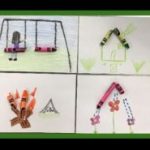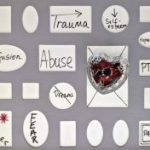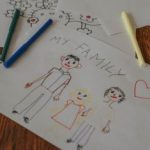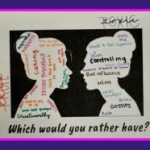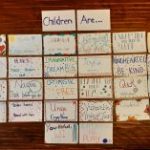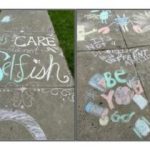
Not only is May designated as Mental Health Awareness month, but for many schools it’s also the end of the school year! As the year winds down, students get
antsy and yearn to be outdoors as the weather gets nice. Why not combine the two by getting students outside to create sidewalk art that celebrates mental health awareness? Continue reading Mental Health Awareness: Chalk the Walks to learn more!



